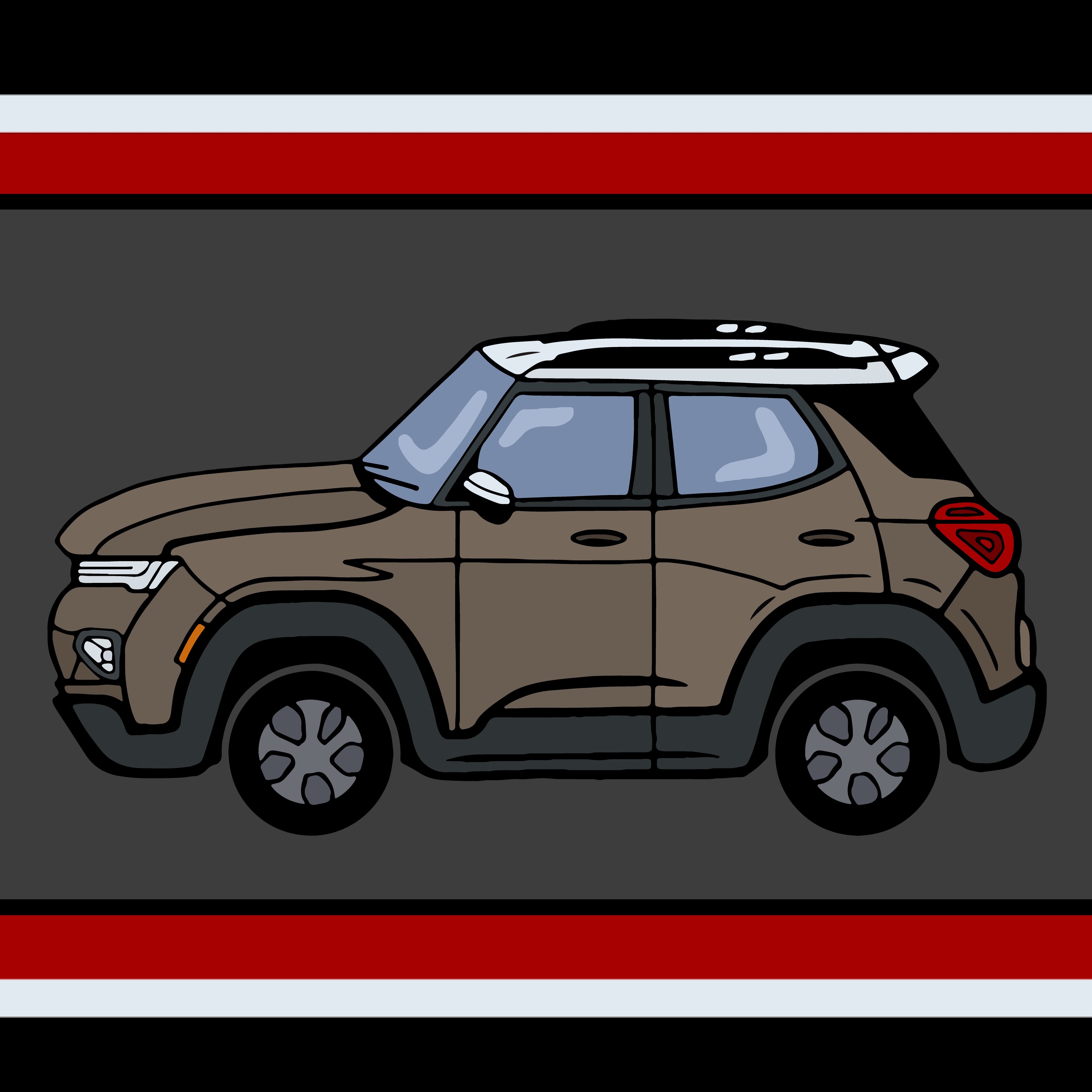Buying a used car can be a wise decision for many reasons: it’s cost-effective, it often comes with a history, and it allows you to drive a model that you might not be able to afford brand-new. However, diving into the used car market can be daunting, especially if you’re unsure about what to look out for.
Research is Your Best Friend
Before you even set foot inside a dealership, conduct thorough research. Identify the kind of vehicle you need, check average prices, and become familiar with common issues associated with specific models. Being informed gives you an edge during negotiations.
The Importance of Vehicle History
Whether you’re looking for right hand drive cars in the USA or just want a reliable run-around, always ask for the car’s history report. This report will highlight any past accidents, title problems, and how many previous owners the car has had. A clear history can set your mind at ease, while a complicated one might require further investigation.
Physical Inspection
Even if the car looks shiny and perfect, a physical inspection is essential. Check the car during daylight hours to identify any discrepancies in paint or bodywork. Look under the hood for signs of leaks or wear and examine the tires for uneven wear too.
Test Drive
A car might look great, but how does it feel on the road? Always take the car for a test drive. Listen for any unusual noises, see how the car responds to different terrains, and make sure you are comfortable with its performance.
Compare Prices
Once you have narrowed down your choices, compare prices in different places: dealerships, private sellers, online platforms. This will ensure that you get the best bang for your buck.
Consider Certified Pre-Owned
Certified pre-owned (CPO) cars are usually higher in price than standard used cars, but they come with benefits like extended warranties and detailed inspections. If peace of mind is crucial for you, a CPO might be worth considering.
Negotiation
Remember, the sticker price is not always the final price. Be ready to negotiate. Armed with your research, make an offer that’s fair but still leans in your favor. Most dealers will expect some level of negotiation from buyers.
Seek Professional Advice
If you are unsure about a car’s condition, don’t hesitate to bring in a mechanic for an expert opinion. This might cost you in the short term, but it can save you from expensive surprises down the line.
Evaluate Financing Options
If you can’t buy the car outright, look into financing options. Credit unions, banks, and even some dealerships can offer car loans. Remember to read all the terms and conditions, and ensure the monthly payments fit within your budget.
Insurance Matters
Before you finalize your purchase, get an insurance quote for the car. The cost of insuring a vehicle can significantly impact your overall expenses, especially if it’s a model that’s deemed high-risk or expensive to repair. Make sure that you factor this into your overall budget, especially if you will be paying monthly.
Close the Deal with Confidence
Once you are satisfied with your choice and have settled on a price, make sure all the paperwork is in order. Ensure the title is clear, all promises are in writing, and you’re fully aware of any warranties or return policies.
Purchasing the right used car for you doesn’t have to be an intimidating process. With the right preparation and knowledge, it can be both exciting and rewarding. By following these tips, you’re not only ensuring that you get a reliable vehicle but also that you’re making a sound financial investment.






